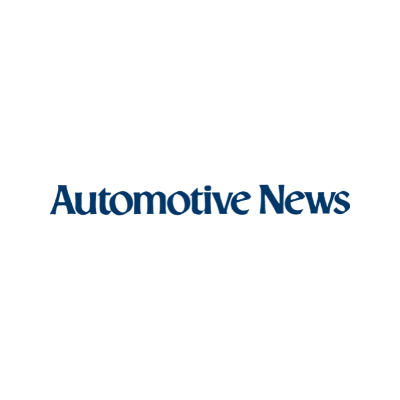 Automotive News Article Rating
Automotive News Article RatingTesla, BMW, Renault exports from China are part of EU anti-subsidy probe
- Bias Rating
8% Center
- Reliability
15% ReliableLimited
- Policy Leaning
8% Center
- Politician Portrayal
N/A
Continue For Free
Create your free account to see the in-depth bias analytics and more.
Continue
Continue
By creating an account, you agree to our Terms and Privacy Policy, and subscribe to email updates. Already a member: Log inBias Score Analysis
The A.I. bias rating includes policy and politician portrayal leanings based on the author’s tone found in the article using machine learning. Bias scores are on a scale of -100% to 100% with higher negative scores being more liberal and higher positive scores being more conservative, and 0% being neutral.
Sentiments
N/A
- Liberal
- Conservative
| Sentence | Sentiment | Bias |
|---|---|---|
Unlock this feature by upgrading to the Pro plan. | ||
Reliability Score Analysis
Policy Leaning Analysis
Politician Portrayal Analysis
Bias Meter
Extremely
Liberal
Very
Liberal
Moderately
Liberal
Somewhat Liberal
Center
Somewhat Conservative
Moderately
Conservative
Very
Conservative
Extremely
Conservative
-100%
Liberal
100%
Conservative

Contributing sentiments towards policy:
61% : Tax breaks, cheap loans and other assistance helped turn China into Tesla's most important market outside the U.S. These and other forms of support that China provides domestic manufacturers, including credits from state-owned banks, capital provisions from state investment funds, and provisions of land and electricity, are now coming under EU scrutiny.55% : After having collected initial evidence that formed the basis for launching the investigation, the EU is now looking to consult with relevant authorities -- including in China -- and companies to determine how much subsidies might be undercutting EU producers, if at all.
53% : In recent probes of other sectors such as e-bikes and fiber-optic cables, the EU discovered subsidy margins ranging from 4 percent to 17 percent, people familiar with the findings said.
49% : The EU adopted standards earlier this year requiring manufacturers to slash CO2 emissions 55 percent from new passenger cars by 2030, and to allow only zero emission car to be sold after 2035.
43% : Both sides have ample reason to proceed carefully: While the EU risks exposing its manufacturers to potential retaliation, the bloc is the most attractive export destination for Chinese companies rife with excess production capacity.
35% : The European Commission has launched an investigation into whether to impose punitive tariffs to protect EU producers against cheaper Chinese EV imports that it says are benefiting from state subsidies.
*Our bias meter rating uses data science including sentiment analysis, machine learning and our proprietary algorithm for determining biases in news articles. Bias scores are on a scale of -100% to 100% with higher negative scores being more liberal and higher positive scores being more conservative, and 0% being neutral. The rating is an independent analysis and is not affiliated nor sponsored by the news source or any other organization.





















